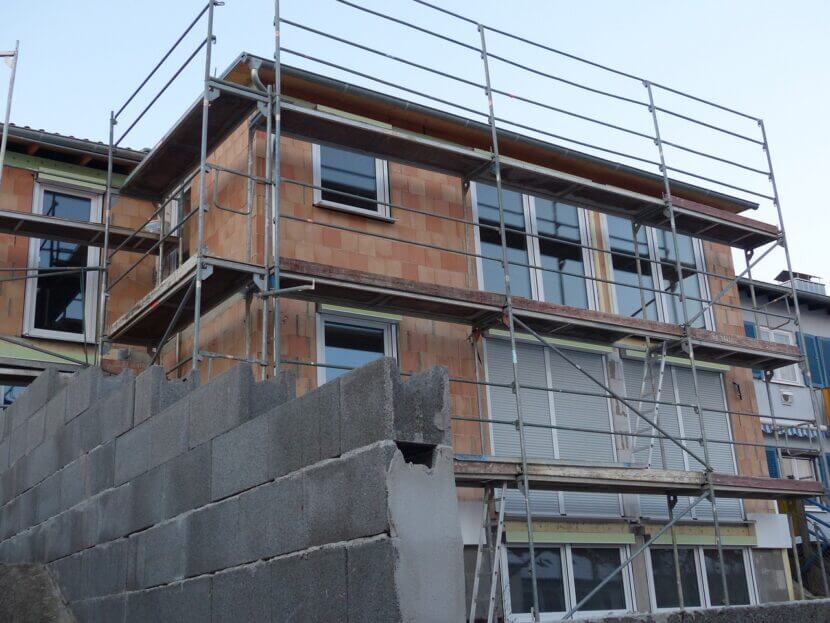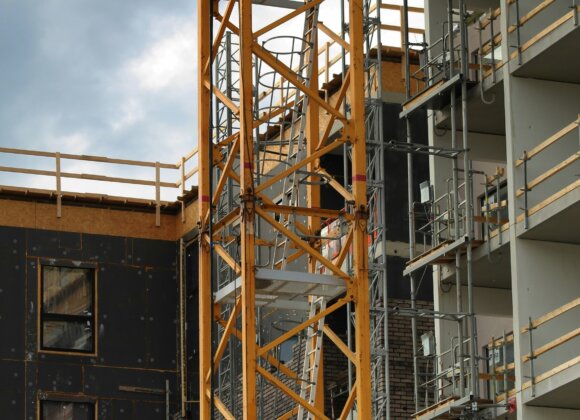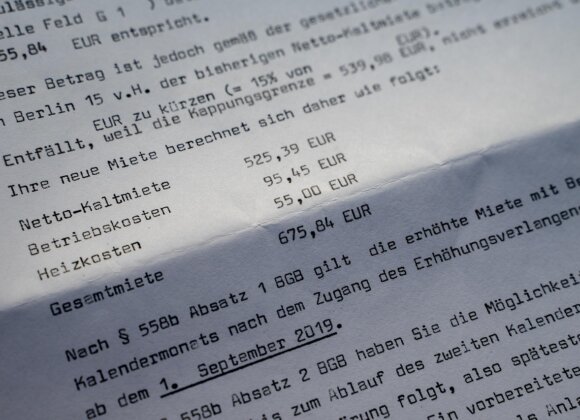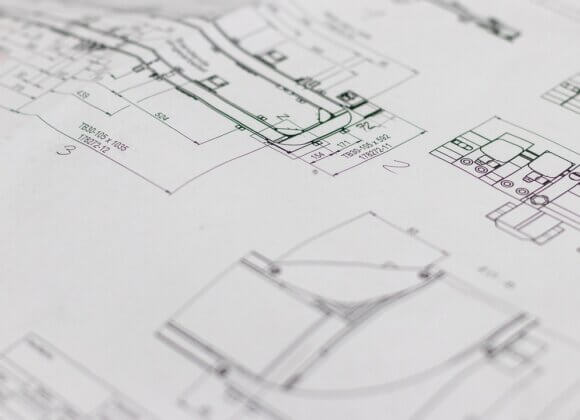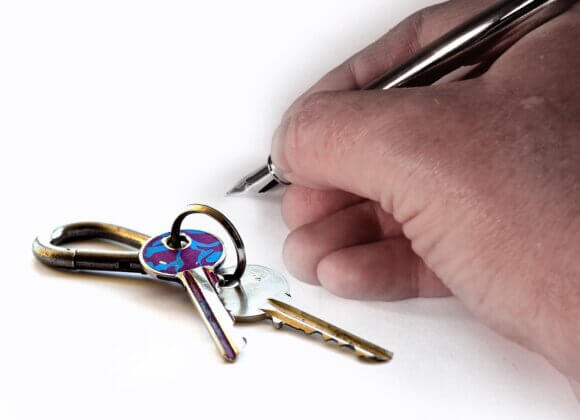The German Property Developer Contract Act (btvg) protects purchasers of residential properties from losing their advance payments if the developer becomes insolvent.
Imagine the following scenario: You sign the purchase contract for a condominium that is not yet finished, pay part of the purchase price – and the developer goes bankrupt. “Since 1997, the Property Developer Contract Act has protected buyers from losing their payments in cases like this,” says AK housing law expert Walter Rosifka. Not only future homeowners are protected: “This also includes the acquisition of property, building rights, existing rights such as rent or leasehold and other rights of use including leasing of buildings, apartments and commercial premises that are being built or thoroughly renovated,” explains Rosifka.
When does the BTVG apply?
The Property Developer Contract Act applies to all contracts with property developers in which the purchaser pays an advance payment of more than EUR 150 per square meter of usable space prior to completion. Incidentally, no special developer contract needs to be concluded – a written purchase contract is sufficient. This must describe the object of the contract, for example the apartment, as well as the entire facility and the latest handover date must be agreed. In addition to the purchase price, it must also include a description of the construction and services, a site plan, construction plans and construction drawings. The same applies to the due date of payments and the type of security.
What fuses are available?
The property developer can secure the purchaser against the loss of payments already made in three ways: In addition to security under the law of obligations, these are land register security in conjunction with payment by installment plan and security under lien law. “The advantage of security under the law of obligations is that in the event of insolvency, the buyer quickly recovers the payments made and can withdraw from the purchase,” explains Rosifka. If you opt for the installment payment option, the buyer has the option of withdrawing from the contract, but loses the payments. “It is therefore highly recommended that you stay on board and try to find a solution with all other parties involved – from other buyers to the liquidator – in order to complete the project,” says Rosifka.
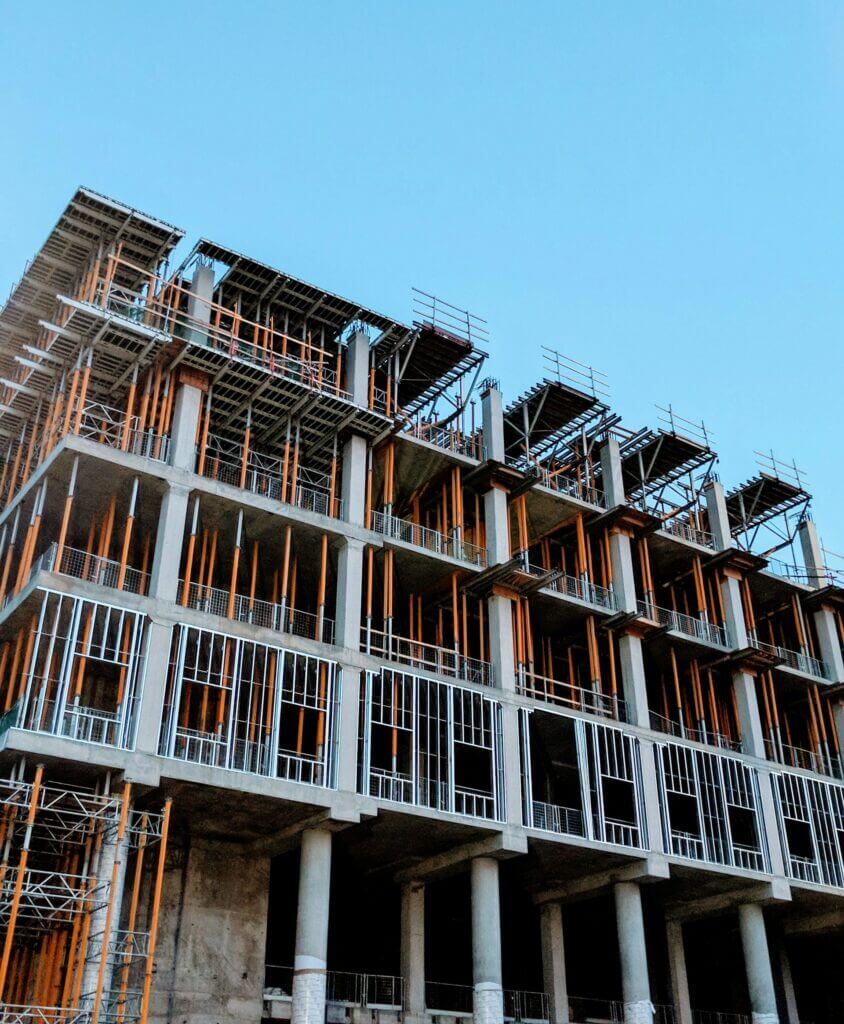
Who acts as trustee?
The property developer must appoint either a lawyer or a notary as trustee – except in the case of security under the law of obligations. For example, he must instruct the buyer about the contract and monitor whether the developer fulfills the security obligations. Furthermore, the trustee must ensure, among other things, that the payments are posted to the escrow account and must invoice the buyer for the payments at least once a year. The trustee’s activity ends with the handover of the completed property.
Further provisions of the BTVG
The Property Developer Contract Act also provides for a right of withdrawal for the buyer or tenant: They can withdraw from the offer or purchase contract due to inadequate advance information. Another reason for withdrawal is the non-receipt of a housing subsidy on which the contract is based: This is the case if the buyer is not granted this subsidy at all or to a significant extent – and the reasons for this are not attributable to the buyer. The property developer is only entitled to a right of withdrawal under the BTVG if this has been contractually agreed for certain specific reasons.


